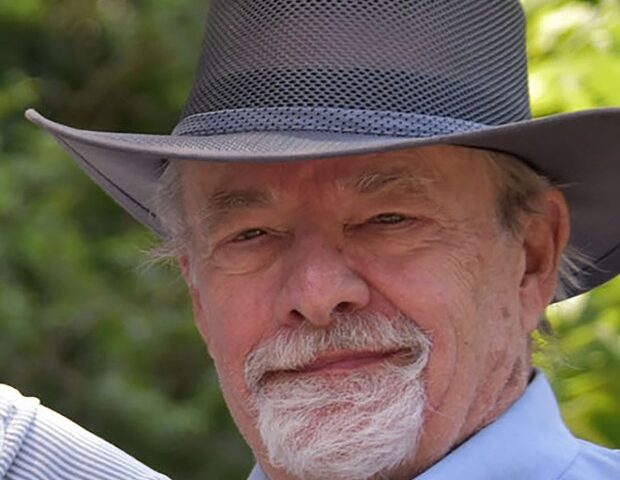Hoping to show off Skokie’s Illinois Science + Technology Park and possibly attract future tenants, the village of Skokie co-hosted a quantum computing conference at the site earlier this month that attracted executives of major tech companies.
According to Rodney Tonelli, the village’s economic vitality manager, about 300 experts from various fields open to making the Chicago area the future home of quantum computing attended the conference, organized by Bisnow, on Feb. 5.
Tonelli said the Illinois Science + Technology Park’s physical infrastructure is equipped to handle quantum computing facilities.
“Illinois Science + Technology Park has been active in attracting companies from across the globe,” Tonelli said in an email to Pioneer Press. “Many of these companies have been drawn to ISTP because of the campus setting, but (also to ) maintain proximity to downtown Chicago, as well as the neighboring suburbs.”
but Chicago and its suburbs could be a major leader in quantum computing.”]
PsiQuantum’s Senior Director of Technology Partnerships Aaron Fluitt said quantum computing is a technology that was first conceived of some 50 years ago and can be used to complement artificial intelligence. PsiQuantum is expected to develop a building-sized quantum computer on Chicago’s Southeast Side, per previous reporting.
In a life science lab setting, Fluitt said AI can be used to process large amounts of data, but its drawback is that its computing doesn’t always provide accurate insights from the data. Quantum computing, on the other hand, cannot process large amounts of data, but its computing power is designed to be extremely accurate, which can be critical in a lab that studies chemical reactions.
Fluitt said Chicago and Illinois have key advantages that could make the region a leader in quantum technology.
Fluitt credited support from the city of Chicago and the state, which will assist funding the Southeast Side site. Chicago’s nearby resources such as the University of Chicago, University of Illinois and Northwestern University will also help quantum thrive in Chicago, because of their own research labs, experts and students that can join the workforce.
Flutt also said Chicago’s diverse economy can lend quantum to be used in applications other than life sciences, such as clean energy, logistics and transportation.
And while Fluitt doesn’t predict that typical consumers will interact with quantum computing in their day to day lives through their phones and computers, he said over time he hopes consumers can understand its benefits to the economy and people’s careers.
“We all recognize that computing has changed our lives a lot in the past 25 years, and I think in the next 25 things will continue to change,” Fluitt said.



